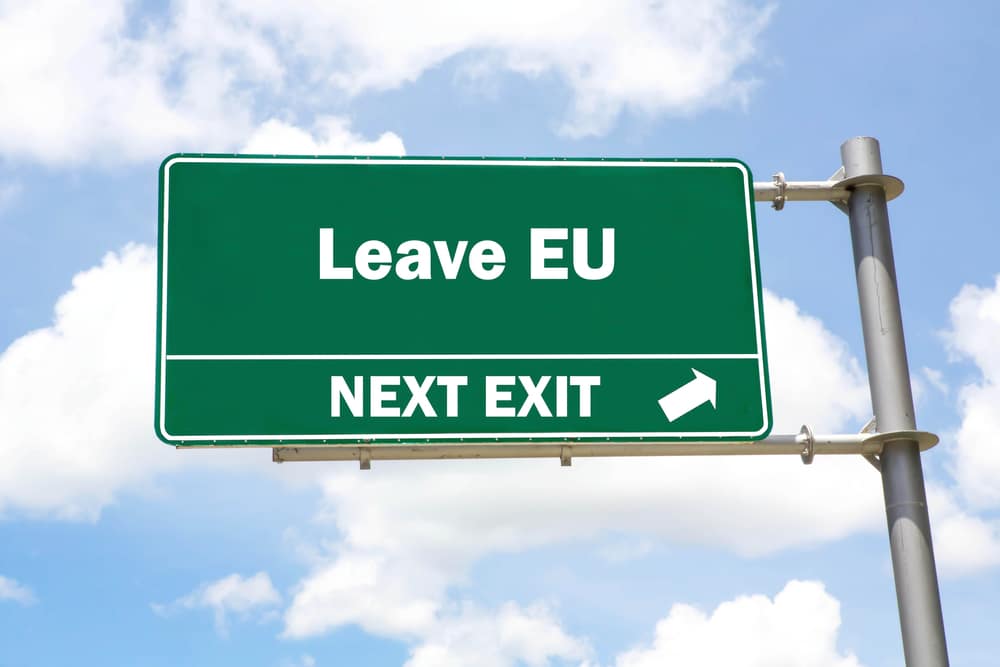
Brexit is the word on everyone’s lips this month, as 2016’s hottest buzzword sparks the biggest political debate since the Scottish independence referendum. With a vote over whether or not the United Kingdom should remain in the European Union looming, there are a lot of concerns over the impact a potential shift could have on the UK’s economic climate. Let’s break down some of the major concerns:
- House prices
Emoov has predicted housing prices dropping by around 5%, resulting in an average £11,000 reduction in property values. Over half of homeowners surveyed believe that leaving the EU would impact the value of their property, with a third believing prices would increase, and a fifth believing they would decrease. Though some state that it will most likely be the uncertainty that will cause the price drop, not the act of leaving the EU itself.
- Holiday homes
The number of Brits who own holiday homes abroad is at an all-time high, with easy transit between EU countries proving a major drawcard for those looking not just to holiday, but to buy a second home abroad. Sun seekers may find themselves needing a visa to visit their holiday home, however these changes – if any – would likely take some time to implement. There are already thousands of holiday homeowners who currently need a visa to use their properties abroad however, in places like the United States and Turkey, so it is unlikely that this will deter anyone looking to own property outside Britain.
- Securing a mortgage abroad
Without the security of the European Union, some buyers may find it more difficult to secure a mortgage at an affordable rate. If we ultimately leave the EU, some of the perks like cheaper property prices and lower mortgage rates may no longer apply.
- Savings and Investments
Although the uncertainty over Brexit can be nerve-wracking, it’s important to take stock of your savings and investments and avoid making any hasty decisions. Finance experts have noted that although the full impact on the British economy is yet to be determined, it is doubtful that any long-term economic outlook will depend on the outcome of the Brexit vote. In short: don’t make any impulse decisions!
- Cross-Border Investment
A survey performed by KPMG in early 2016 indicated that 66% of real estate experts felt as though there would be a negative impact on cross-border investment if the UK left the EU. Hardest hit would be London, where 49% of current investors are located offshore. At present, London is viewed as a safe-haven for property investments because of protection from the liberal democracy, and being shielded from the effects of crisis. As with everything though, there are two sides to this argument, and while some are saying that a Brexit would mean the end of free-moving capital, others argue that there are still plenty of reasons why investors would choose the UK for their property investments.
No country has ever left the EU, so at this point we’re dealing purely with hypothetical situations. Although there may be some changes if the UK leaves the European Union, there may not be as many as people are fearing. The UK is still a strong economy with many long-standing, valued foreign relationships, so until a vote has been cast, it is likely that the market in general will remain neutral.
